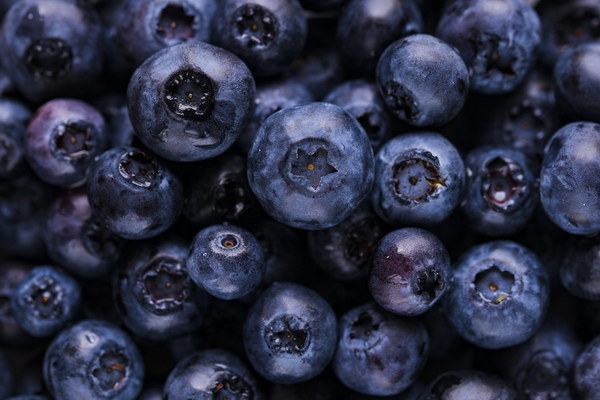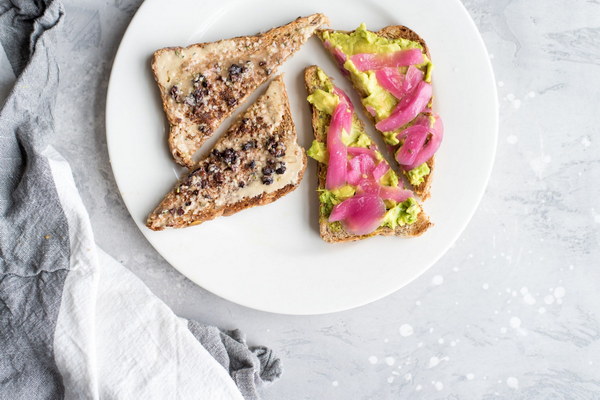Brew Your Way to Lung Health Discover the Best Herbs for Lung Soothing and Purifying
In the quest for natural remedies to maintain respiratory health, many turn to the age-old practice of herbal teas. Brewing what? you might ask. The answer lies in a variety of herbs that are renowned for their lung-soothing and purifying properties. From classic ingredients like peppermint and eucalyptus to lesser-known herbs like mullein and licorice, here's a comprehensive guide to the best teas that can help keep your lungs clear and healthy.
Introduction to Lung-Soothing Herbs
The lungs are vital organs responsible for gas exchange, and they can be susceptible to irritation from pollution, allergens, and infections. Herbs that are known for their lung-soothing and purifying effects can help alleviate discomfort and support overall lung health. These natural remedies often work by reducing inflammation, loosening mucus, and enhancing respiratory function.
1. Peppermint (Mentha × piperita)
Peppermint is a well-known herb that offers a cooling and soothing effect on the respiratory system. Its menthol content helps to relax the muscles of the bronchial tubes, making it easier to breathe. Peppermint tea can be particularly beneficial for those suffering from asthma, bronchitis, or sinusitis.
2. Eucalyptus (Eucalyptus globulus)
Eucalyptus has been used for centuries to treat respiratory conditions. The essential oil of eucalyptus is often found in cough drops and inhalers, but the tea can also provide relief. Eucalyptus tea is believed to help clear mucus from the airways and reduce inflammation, making it a good choice for colds and flu.
3. Mullein (Verbascum thapsus)
Mullein is a powerful lung-soothing herb that has been used traditionally to treat a variety of respiratory issues, including coughs, bronchitis, and asthma. The leaves and flowers contain mucilage, which is believed to coat and soothe the throat and respiratory tract.
4. Licorice (Glycyrrhiza uralensis)
Licorice root has a sweet taste and is often used in cough syrups and lozenges. It has anti-inflammatory properties that can help reduce irritation in the throat and airways. However, licorice should be used with caution, as excessive consumption can lead to side effects.
5. Thyme (Thymus vulgaris)
Thyme is an aromatic herb that has been used in traditional medicine to treat respiratory infections. It contains compounds that can help fight bacteria and viruses, making it a good choice for supporting the immune system and fighting off respiratory infections.
6. Marshmallow Root (Althaea officinalis)
Marshmallow root is another mucilaginous herb that can be beneficial for the respiratory system. It's thought to help coat and soothe the throat and lungs, making it a useful herb for treating coughs and bronchitis.
7. Ginger (Zingiber officinale)
Ginger is well-known for its anti-inflammatory and digestive benefits, but it also has a place in respiratory health. It can help clear congestion and reduce inflammation in the airways, making ginger tea a good choice for those with respiratory conditions.
Preparing Your Lung-Soothing Tea
To prepare your lung-soothing tea, start by gathering your chosen herbs. If you're using dried herbs, you can steep them directly in hot water. For fresh herbs, you may need to chop them or use a mortar and pestle to release their oils. Here's a basic recipe:
- Ingredients: 1 tablespoon of dried or fresh herb (or a combination of herbs), 1 cup of hot water.
- Instructions:
1. Place the herb(s) in a teapot or mug.
2. Pour the hot water over the herb(s).
3. Cover and let it steep for 10-15 minutes.

4. Strain the tea and add honey or lemon to taste, if desired.
5. Drink slowly throughout the day.
Conclusion
Incorporating lung-soothing and purifying herbs into your daily routine can offer a natural way to support respiratory health. Whether you're dealing with seasonal allergies, a lingering cold, or looking to maintain lung health, these teas can be a flavorful and effective addition to your wellness regimen. Always remember to consult with a healthcare provider before starting any new herbal regimen, especially if you have existing health conditions or are taking other medications.









